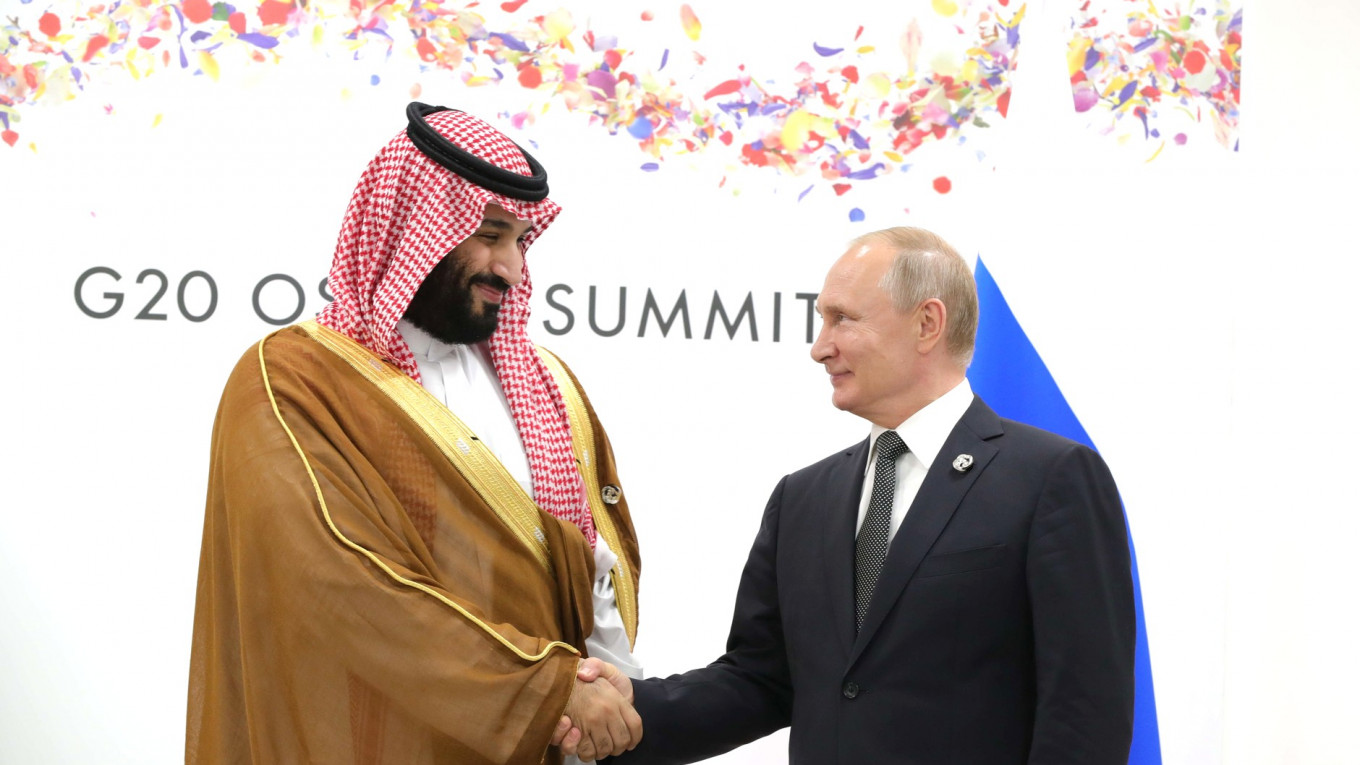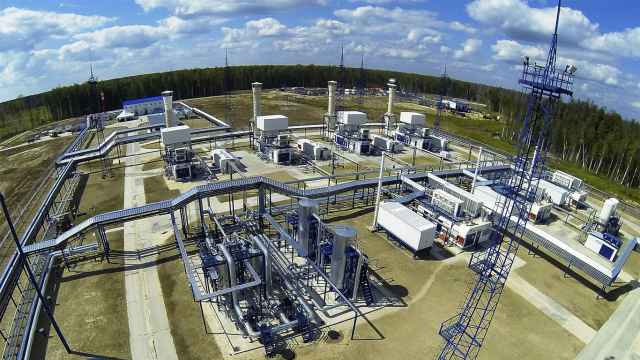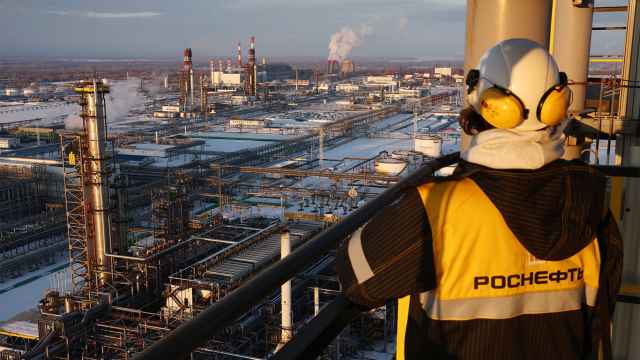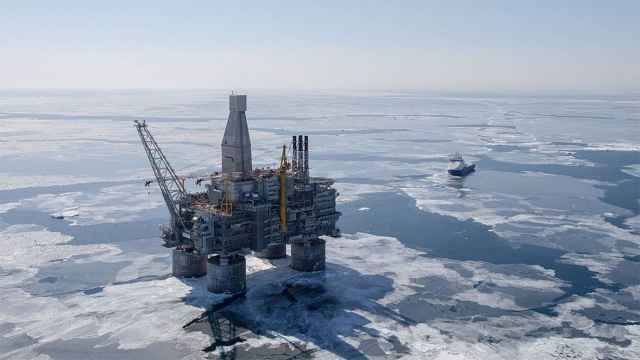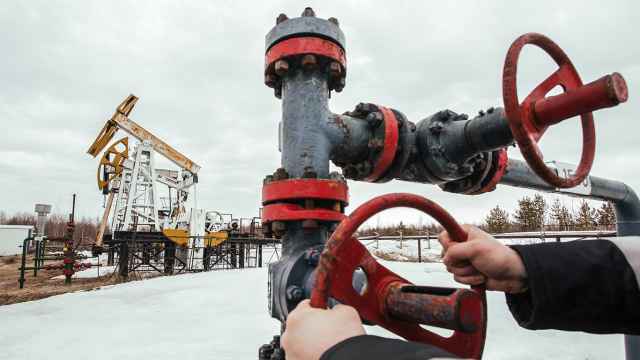Russia and Saudi Arabia agreed to prolong the OPEC+ global oil output cut, under which 25 oil-producing countries cut the extraction by 1.2 million barrels as compared to October 2018, Russia's president Vladimir Putin said in Osaka after negotiations with the Crown Prince of Saudi Arabia Mohammad Bin Salman on the sidelines of the G20 summit in Osaka, Japan.
As reported by bne IntelliNews, all eyes were on Russia as it is the last country to decide its position on prolonging the deal. "Obviously, in Russia internal discussions are being held on how much oil should be extracted in the second half of the year," Saudi Arabia's Minister of Energy told the state-run TASS news agency on June 10.
Now Russia has committed to prolong the deal by either six or nine months, according to Putin. Russia would have to keep cutting its output by 230,000 barrels daily.
The decision largely usurps the OPEC biannual meeting in Vienna next week where traditionally the members of the cartel have met to thrash out production agreements. Moreover, the decision has put Russia in the driver's seat in the coalition as the Kremlin has shown that it has the crucial vote in the agreement and can materially determine the target, and hence the price of oil, with the amount Russia decides to contribute to the production cut deal.
Russian officials supported the deal despite discontent from largest domestic oil producers. The head of the Russian Direct Investment Fund (RDIF) Kirill Dmitriev estimated that the support to oil prices would bring 7 trillion rubles ($110 billion) of additional budget revenues.

However, lower output of oil this year will not be helpful amid unexpectedly weak economic growth seen in the beginning of 2019. The across-the-board revision of Russian outlook in 2019 has been in part attributed to lower oil output as well.
"The [GDP growth] projection for 2019 has been downgraded to 1.2 percent, reflecting oil production cuts," the World Bank wrote in the latest Global Economic Prospects report, adding that "tighter monetary policy, combined with a value-added tax hike at the beginning of 2019, are also contributing to weaker growth momentum in the remainder of 2019."
The modest decline in oil output following the OPEC+ deal is worsened by the ongoing crisis with the contaminated oil in Druzhba pipeline to Poland and Germany, which had Russia's oil output and exports drop in May and now posing risks to short-term outlook.
This article first appeared in bne IntelliNews.
A Message from The Moscow Times:
Dear readers,
We are facing unprecedented challenges. Russia's Prosecutor General's Office has designated The Moscow Times as an "undesirable" organization, criminalizing our work and putting our staff at risk of prosecution. This follows our earlier unjust labeling as a "foreign agent."
These actions are direct attempts to silence independent journalism in Russia. The authorities claim our work "discredits the decisions of the Russian leadership." We see things differently: we strive to provide accurate, unbiased reporting on Russia.
We, the journalists of The Moscow Times, refuse to be silenced. But to continue our work, we need your help.
Your support, no matter how small, makes a world of difference. If you can, please support us monthly starting from just $2. It's quick to set up, and every contribution makes a significant impact.
By supporting The Moscow Times, you're defending open, independent journalism in the face of repression. Thank you for standing with us.
Remind me later.


